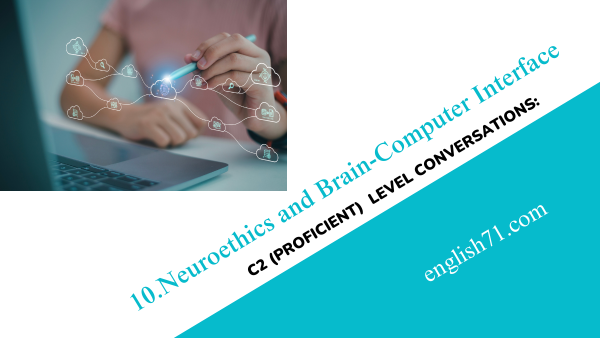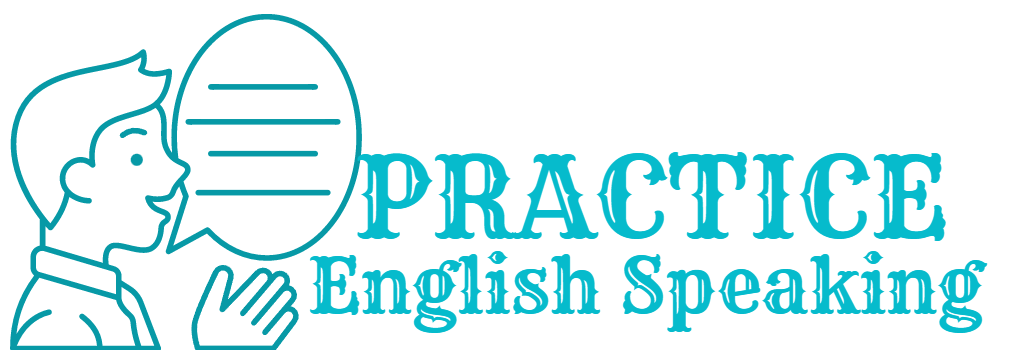C2 (Proficient) level Conversations: (10) Neuroethics and Brain-Computer Interface

Tom: Hey Jessica, have you heard about the latest advancements in neuroethics and brain-computer interfaces?
Jessica: Yes, I’ve been reading up on it recently. It’s fascinating how technology is advancing to the point where we can interface directly with the brain.
Tom: Absolutely. It raises some intriguing ethical questions, though. For instance, should there be limits on how we use this technology?
Jessica: Definitely. Privacy concerns come to mind. If we can access someone’s thoughts or manipulate their brain activity, where do we draw the line between ethical and unethical behavior?
Tom: That’s a good point. There’s also the issue of consent. If someone’s brain activity is being monitored or altered, they should have full control over that process.
Jessica: I agree. But then, there’s the potential for enhancing cognitive abilities or even treating neurological disorders. It’s a delicate balance between the benefits and risks.
Tom: True. And what about the potential for inequality? If only certain people have access to these technologies, it could widen the gap between the haves and have-nots.
Jessica: Absolutely. We need to ensure equitable access to these advancements to prevent further disparities in society.
Tom: It’s a complex field that requires careful consideration from both ethical and technological perspectives.
Jessica: Indeed. But with careful regulation and ethical guidelines in place, I believe we can harness the full potential of brain-computer interfaces while mitigating the associated risks.
Tom: Agreed. It’s an exciting frontier, but we must proceed with caution and ethical awareness.



Summary:
Tom and Jessica engage in a thoughtful discussion about the ethical implications of neuroethics and brain-computer interfaces. They address concerns such as privacy, consent, inequality, and the balance between benefits and risks associated with this technology. Through their conversation, they demonstrate a proficient understanding of the complex ethical considerations involved in this field.

